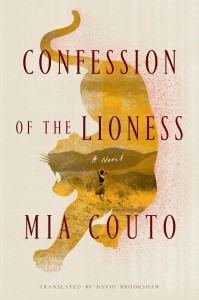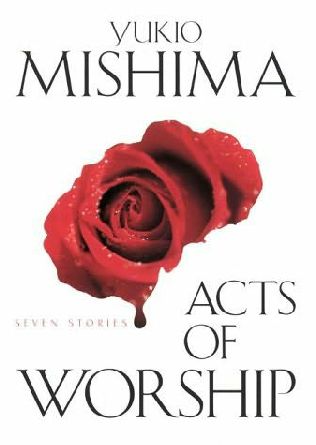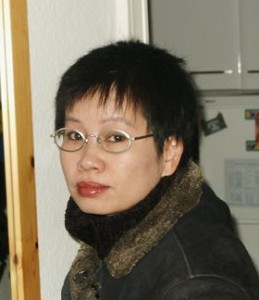By Nichole L. Reber
Six of us writer/expatriates had just sat down to another stop in our culinary tour of Lima, Peru. It was still early enough in the restaurant this Friday night for conversation with friends. Garlic wafted through the air from the kitchen at our backs and purple, pink, and gold cocktails sparkled in the lumens of the sconce lighting. Someone broached the topic of Mario Vargas Llosa, that country’s Nobel-winning author, and tension shot through the table like a backfire.
Finally Canadian Paul spoke up: “I just couldn’t make it through the damn book. I tried– I really did– but it was just … I finally had to just give up.”
Our collective sigh deflated the tension like a whoopie cushion. At last, someone else who didn’t like Llosa, Peru’s demi-god. Back then I assumed I’d appreciate— love even— any literary prizewinner’s work. I’ve learned since that that is certainly not so; prizes are just as subjective as any and every other art form. I had yet to realize, as I have through this Year of Colorful Reading, that my problems with South American literature wouldn’t stop at Llosa. Why? Could it be just another form of subjectivity? After all we can’t like everything. Continue reading
![[PANK]](https://pankmagazine.com/wp-content/themes/pank/assets/images/pank-logo-large.png)



